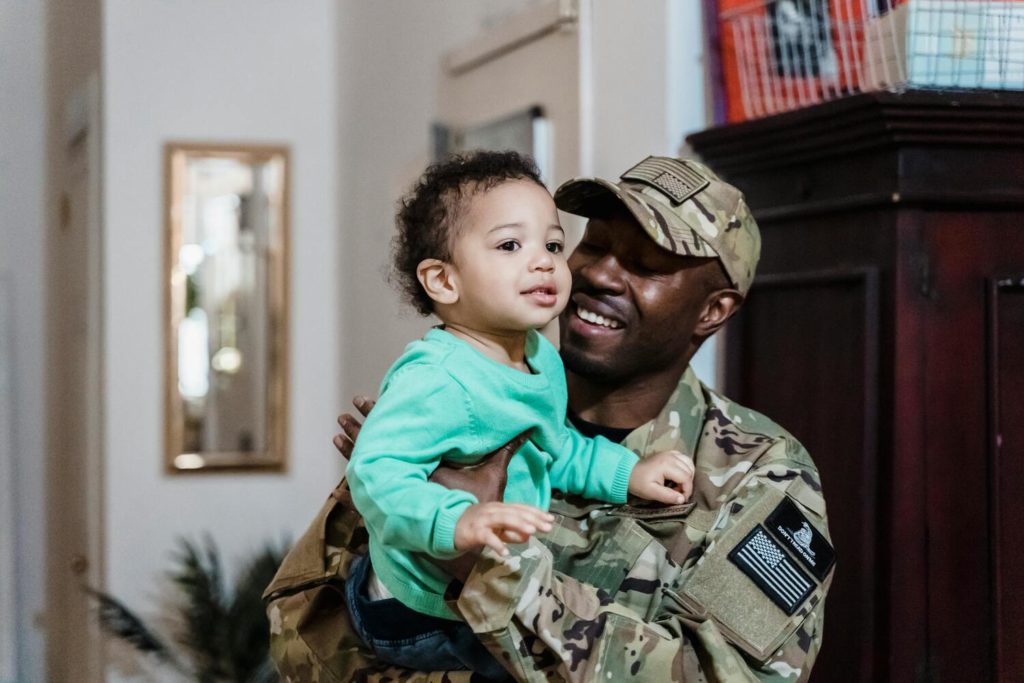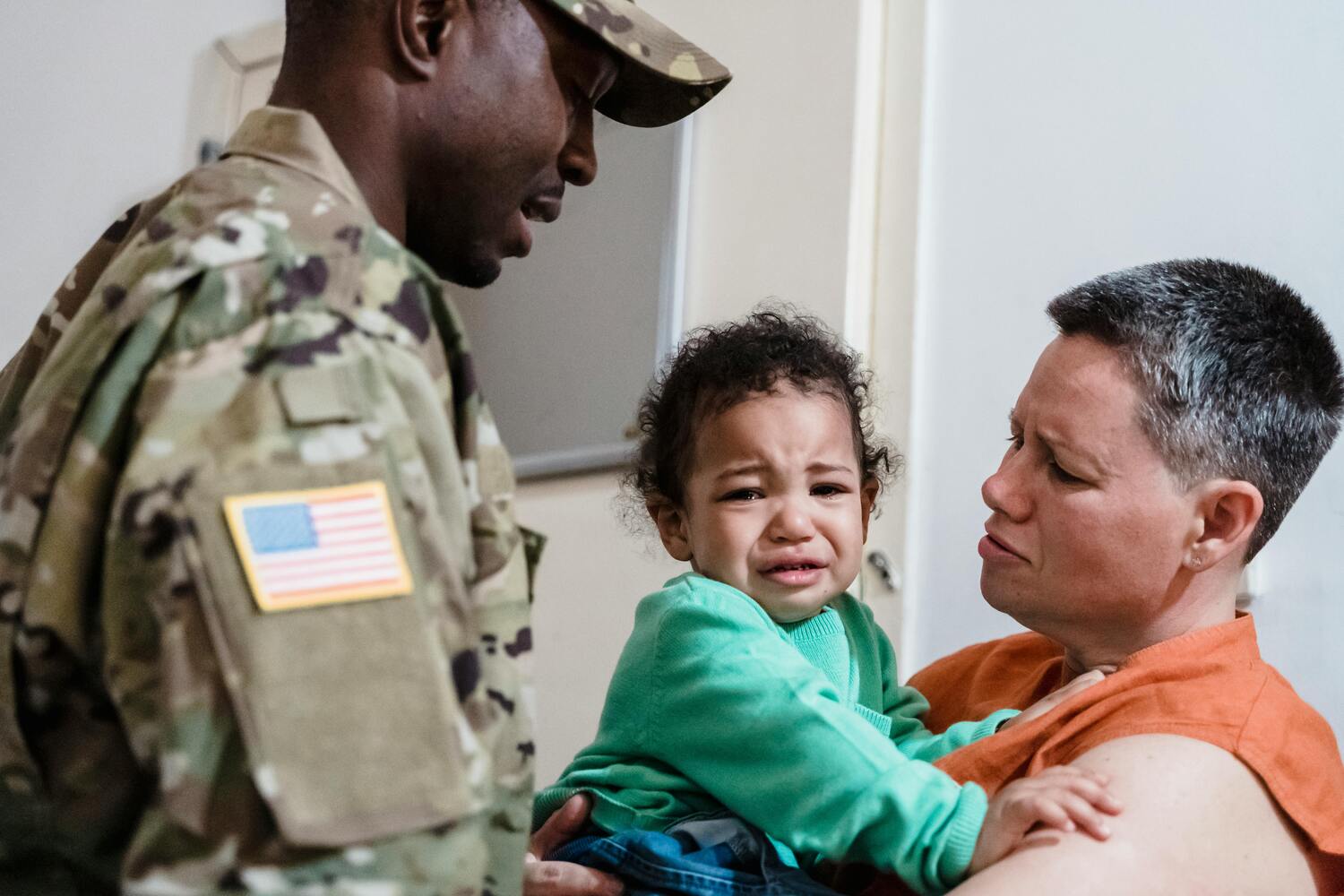In an era where technology dominates communication and busy schedules isolate individuals, fostering a sense of community has never been more important. One of the most powerful and accessible ways to strengthen these ties is through simple acts of kindness. These seemingly small gestures can create a ripple effect, impacting not just the recipients, but the entire community. Whether it’s offering a helping hand to a neighbor, lending a sympathetic ear to a friend, or sharing a moment of kindness with a stranger, each act can significantly contribute to a more connected and caring society.
The Ripple Effect of Kindness
Kindness, like a pebble thrown into a pond, creates ripples that extend far beyond the initial act. A single moment of generosity or empathy can inspire others to pass on that kindness, generating a chain reaction that transforms communities over time. This is often referred to as “paying it forward,” where one small act sparks others to follow suit. As more individuals contribute to the collective well-being of the community, trust, empathy, and solidarity grow.
A 2018 study published in Nature Communications demonstrated that prosocial behavior (helping others) is contagious. When people witness acts of kindness, they are more likely to engage in similar behaviors. This ripple effect doesn’t stop at the immediate circle of those involved, but can influence entire neighborhoods, workplaces, and even cities.
For instance, consider a commuter who offers their seat on a crowded bus to an elderly person. Observers of this small act of kindness may be inspired to do something similar later in the day, whether by holding the door for someone, helping a coworker with a task, or simply offering a kind word to a stranger. These moments, though seemingly trivial, weave together the social fabric of a caring community.
Real-Life Examples of Kindness in Action
Throughout history, there have been countless examples of how small acts of kindness have transformed communities. One powerful story comes from a small town in Canada where a group of volunteers began a project to mow lawns for elderly residents who couldn’t manage the task themselves. What started as a few individuals helping out their neighbors quickly grew into a town-wide initiative, with more volunteers stepping forward each week. Not only did this effort help those in need, but it also brought the community closer together. People who had once been strangers started looking out for each other, and a sense of shared responsibility blossomed.
Another inspiring example is the “Kindness Rocks Project,” which began in the U.S. as a way to spread positivity. Participants paint encouraging messages on rocks and leave them in public spaces for others to find. This simple, artistic gesture has spread globally, with thousands of communities adopting the practice. By engaging in these small acts, individuals foster a sense of joy, belonging, and optimism, contributing to a stronger, more compassionate society.
In neighborhoods where neighbors regularly check in on each other or offer assistance, crime rates are often lower, and residents report feeling safer and more supported. This highlights the real, tangible impact that kindness can have on the overall well-being of a community.
How Small Acts of Kindness Strengthen Social Bonds
One of the most profound effects of kindness is its ability to strengthen social bonds. Communities built on kindness and empathy are more resilient and better equipped to handle challenges. When people feel cared for, they are more likely to contribute positively to the collective well-being of the group.
Small acts of kindness act as the glue that holds communities together by encouraging a culture of support. When neighbors help each other with tasks like childcare, errands, or home repairs, they foster a sense of trust and interdependence. This connection builds social capital, which refers to the networks of relationships among people who live and work in a particular society, enabling that society to function more effectively.
In a world that can often feel disconnected, simple gestures of kindness—such as bringing groceries to a sick neighbor, offering a ride to a coworker, or even engaging in friendly conversations—help create a sense of belonging. This feeling of being part of something larger than oneself is essential for mental health and overall life satisfaction.
The Benefits of a Caring Community
Creating a caring community through small acts of kindness has numerous benefits, not only for the individual but for society as a whole. Below are some of the key advantages:
1. Stronger Community Ties
When people engage in acts of kindness, they build relationships that foster trust and cooperation. Over time, these relationships create stronger, more cohesive communities where people feel a sense of duty toward each other. A kind gesture, such as offering to help a new neighbor settle in, can lead to deeper connections, turning casual acquaintances into lifelong friends.
2. Enhanced Social Support
A caring community naturally creates an environment where individuals support each other. When someone falls on hard times—whether due to illness, financial strain, or emotional distress—there is a network of people willing to offer help. This sense of support reduces feelings of isolation and helps individuals feel more secure, knowing they have people to turn to in times of need.
3. Increased Sense of Belonging
Feeling like you belong is one of the most basic human needs. Acts of kindness can enhance this sense of belonging by reminding people that they are valued members of their community. When kindness becomes a common practice, it fosters a culture of inclusion, where everyone—regardless of background or circumstance—feels like they matter.
4. Mental Health Benefits
Kindness not only strengthens communities but also improves individual mental health. Studies show that acts of kindness can increase happiness, reduce depression, and even lower blood pressure. By fostering positive interactions within a community, individuals experience increased levels of life satisfaction and lower stress levels.
Simple Ways to Spread Kindness in Your Community
You don’t need grand gestures to make an impact in your community. Here are a few simple ways to incorporate kindness into your daily life:
- Smile and greet your neighbors: A friendly hello can brighten someone’s day and foster a more welcoming neighborhood.
- Offer help: Whether it’s carrying groceries, assisting with yard work, or offering to babysit, these small actions build connections.
- Support local initiatives: Participate in community clean-ups, food drives, or charity events.
- Check on elderly or vulnerable neighbors: A simple visit or phone call can mean the world to someone who may feel isolated.
- Write a note: Leave a kind note for a neighbor, thanking them for something they’ve done or just wishing them well.
ICW Says:
Building a caring community doesn’t require heroic acts or massive amounts of time. It starts with small, everyday actions that show empathy, generosity, and understanding. Each gesture of kindness strengthens the bonds between people, creating a network of support that enriches the lives of all involved. In a world where it’s easy to feel disconnected, kindness reminds us that we’re all in this together.
By fostering kindness, we create communities where people feel safer, happier, and more connected—a ripple effect that can change the world, one small act at a time.
You may also like
-
Jacqueline Carson on The Mind-Body Connection: How Your Thoughts Shape Your Health
-
Coffee with the Universe: Creating a Sacred Daily Practice
-
Aliesha Embleton on Building Resilience and Self-Care: A Lifelong Foundation for Growth
-
Dr Stacey Anwin on Writing for Self-Care
-
ADHD-Friendly Self-Care Practices: How to Prioritise Your Mental, Emotional, and Physical Wellbeing

